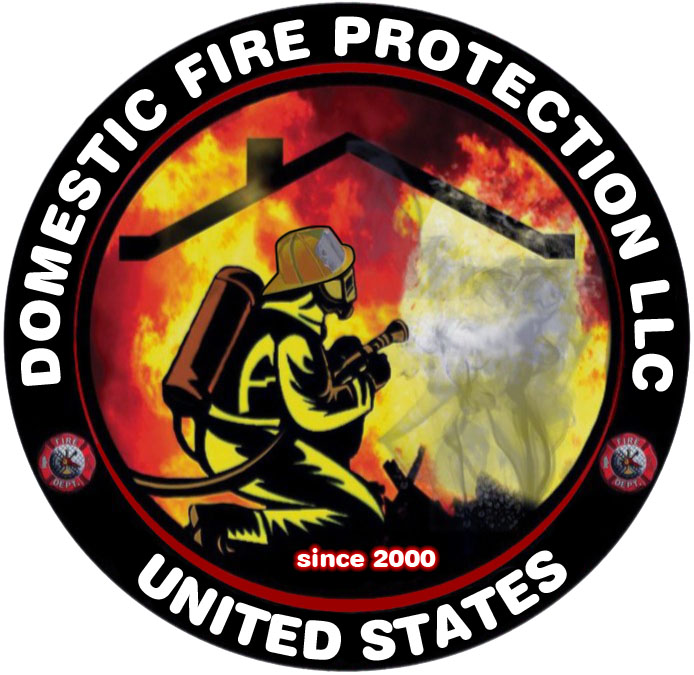How often should my system be inspected?
The National Fire Protection Association publishes NFPA 25 Inspection, Testing and Maintenance of Water-Based Fire Protection Systems. This document recommends that control valves without electronic supervision be checked on a weekly basis, just to make sure that they are in the open position. Other system components have different requirements. Check with the NFPA 25 or the manufacturers’ literature for details.
At least four times each year, a knowledgeable professional should perform a full sprinkler system inspection. Some states and cities require more frequent inspections. Most sprinkler contractors offer economical long-term service agreements. These contractors can provide you with the test certificates, which will comply with your insurance company and local fire department inspection requirements.
Does the fire sprinkler system need to be certified?
Yes, the automated sprinkler systems need to be certified annually.
Are smoke detectors enough protection?
Absolutely not. Smoke detectors can save lives by providing a warning system but can do nothing to extinguish a fire or protect those physically unable to escape on their own, such as the elderly or small children. Though nearly 90% of U.S. homes have at least one smoke detector, only 60% have working detectors, often because of dead or missing batteries. As the percentage of homes in America that were "protected" with smoke detectors increased from zero to more than 70%, the number of fire deaths in homes did not significantly decrease.
Are there financial benefits other than insurance for maintaining a sprinkler system?
Yes, regular inspections of fire sprinkler systems will help reveal problems (if they exist) long before they become major. Sprinkler system repair can then be scheduled for a convenient time, saving you the cost of unnecessary business interruption.
Is the water damage from a sprinkler system be more extensive than the fire damage?
No. Water damage from a home sprinkler system will be much less severe than the damage caused by water from fire-fighting hose lines or smoke and fire damage if the fire goes unabated. Property losses are 85% less in residences with fire sprinklers compared to those without sprinklers. Quick response sprinklers release 13-24 gallons of water per minute compared to 250 gallons per minute released by a fire hose.
© Domestic Fire Protection LLC 2018. All Rights Reserved.
